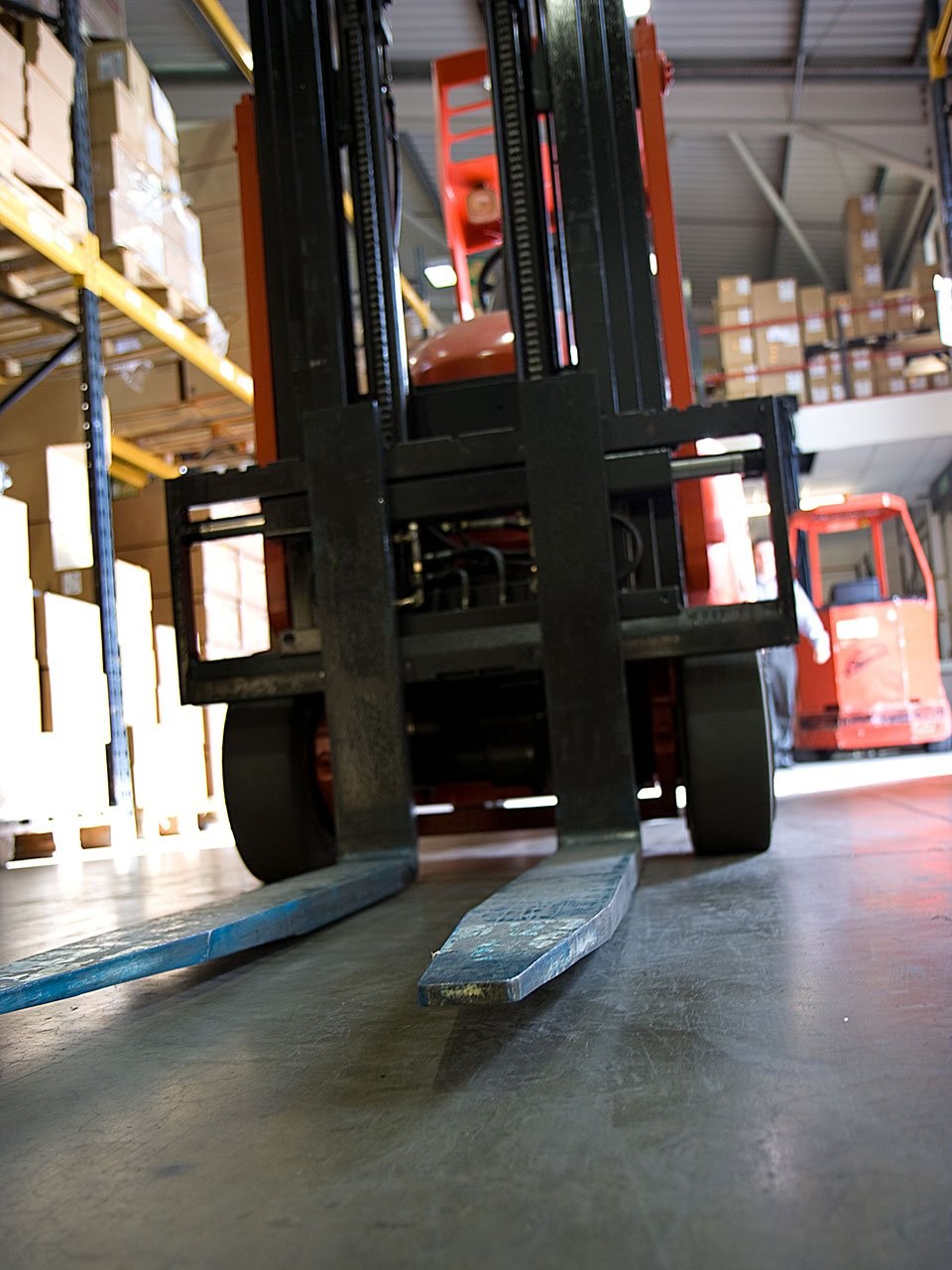Is taxing online retailers good for Glen Cove business?
Following a recent U.S. Supreme Court decision, Glen Cove business owners are weighing in on possible upcoming legislation that would allow states to charge sales taxes on online retailers.
The high court’s June 21 South Dakota v. Wayfair decision will allow states to mandate a sales tax for items purchased on-line from out-of-state retailers — and local retailers want New York to ensure that a sales tax is charged regardless of the sites that online shoppers buy from. First, though, state lawmakers must pass a measure requiring online sales taxes.
State assemblyman Chuck Lavine said, “It’s understandable why South Dakota, a rural state, would bring this case. They’ve suffered as a result of internet sales.” He added that New York State’s businesses haven’t been hit as hard, in part because local brick-and-mortars have themselves started to do business online, whether through their own e-commerce sites, or through other platforms like Amazon Marketplace, Etsy and eBay.
Lavine noted, however, that “implementation [of an online retail sales tax] would mean an addition $115 million in sales tax revenue, split with the counties.” That extra revenue, he said, would come at a good time, as lawmakers anticipate a reduction in revenue from the federal government.
Patricia Holman, executive director of the Glen Cove Business Improvement district, used to run a business selling vintage home products. She had a physical store location in Glen Cove, but would also use Etsy to sell to out-of-state buyers. Sometimes, she said, revenue from online sales outpaced in-store sales.
Now that she’s representing businesses in Glen Cove, she said that people who run unofficial eBay-based businesses out of their own homes, who never officially organized as a business entity, had an unfair advantage in that they could dodge sales taxes. Of potential legislation that the Supreme Court decision has made available, Holman said, “It would certainly make the playing field more even.”
As for the impact that it would have, Holman said that each business was different. Larry Ved, for example, who owns Shanti Ma, a cards and gifts store in downtown Glen Cove said that he hasn’t noticed the impact of web-based competitors because his clientele are more of the “drop-in-and-browse” variety. But, he said, he uses his website not to getnerate sales, but to get people in the door. “We’ve got regular customers,” he said, but often, “they want to see what I have in stock,” before they pay Shanti Ma a visit.
Major national online retailers like Amazon and Wal-Mart have been paying NY state sales taxes since around 2008, according to Lavine. However, Amazon Marketplace users, whose products are their own but use the mega-corporation’s e-commerce platform for sales, have been exempt from that arrangement.
Nassau County Executive Laura Curran said the ruling “gives a tremendous boost of confidence to local businesses that struggle to compete with internet commerce.”
Eric Alexander, director of Vision Long Island, said, “It’s time for customers to put their resources where their heart is and invest in these businesses.”
James Gazzale, a representative for the state Department of Taxation and Finance, said last week that state officials are reviewing the Supreme Court decision.

 39.0°,
Fair
39.0°,
Fair 




